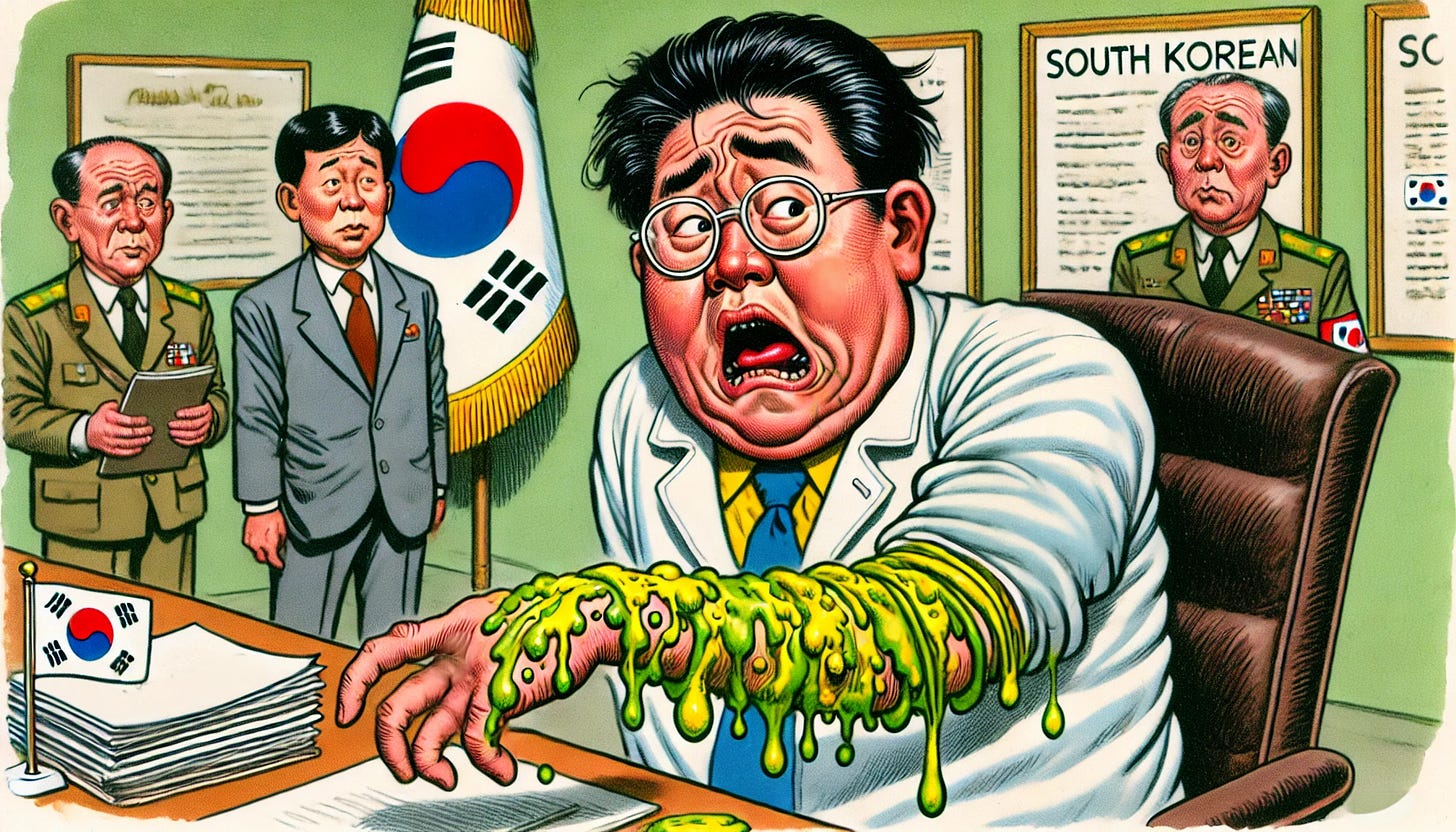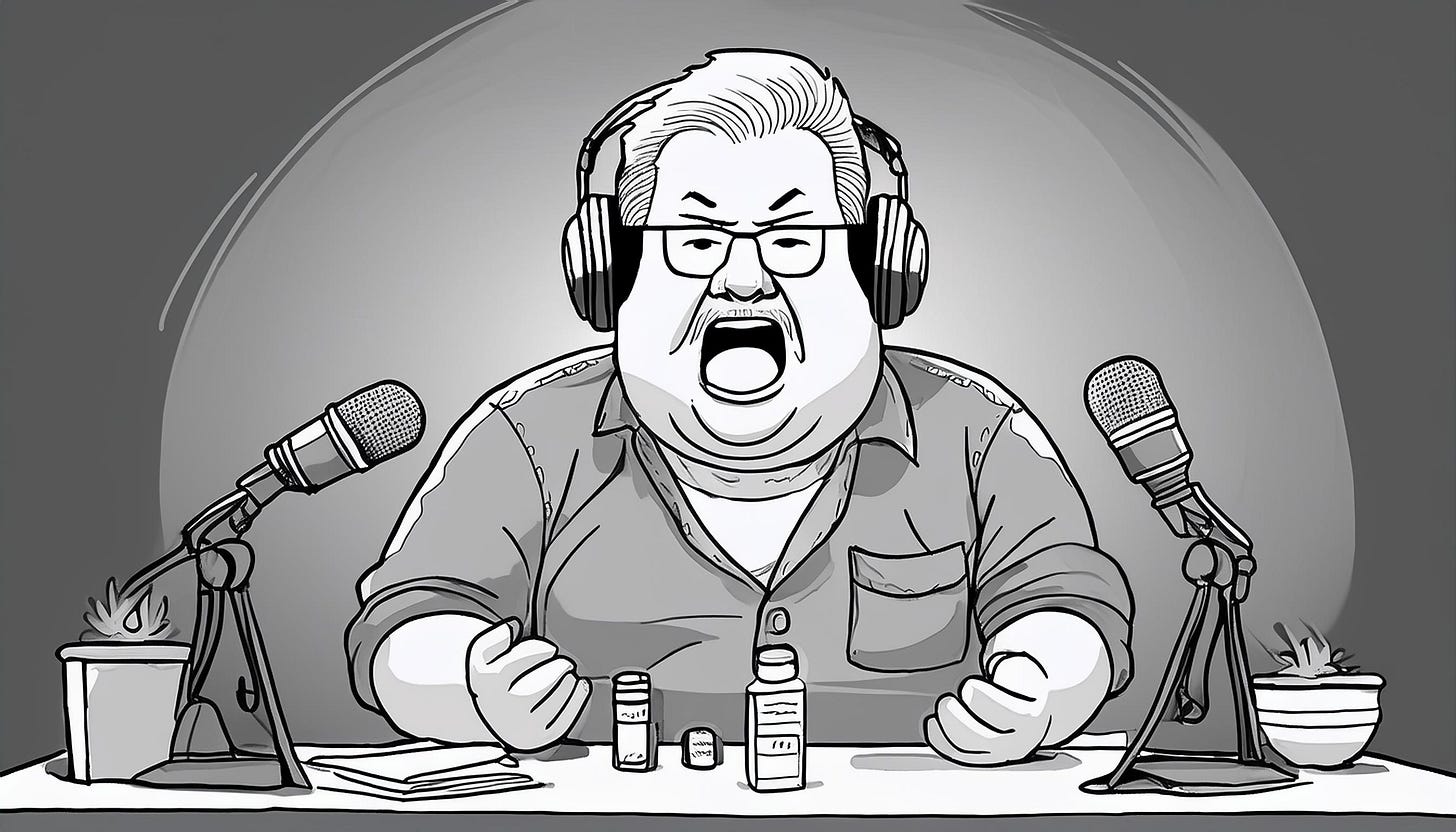South Korea's household debt: Gangrene on the wound of political chaos
After a failed coup and impeachment, the gangrene of household debt, a more volatile global economy, and political extremism is spreading.
South Korea’s growing household debt has reached levels that present a significant risk in the context of increasing global economic uncertainty. Household debt in South Korea is among the highest in the world relative to GDP, reflecting years of low-interest rates and easy access to credit. While this has supported consumption and real estate investment, the current global economic environment—characterized by interest rate uncertainty, persistent inflation, and geopolitical tensions—places immense pressure on heavily indebted households and increases exposure to the global economy.
The global economy’s shifting landscape poses an immediate threat to South Korea’s economic resilience. Rising global interest rates are increasing debt-servicing costs, reducing household disposable income and constraining domestic consumption. As major economies, including the U.S. and the European Union, face slower growth, and the potential for protectionism and trade tension increases, the demand for South Korean exports will decline. This external drag, combined with a reduction in consumer spending, would result in a double blow to South Korea’s economy, slowing growth further and heightening the risk of a prolonged downturn.
Mainstream media reporting has broadly covered the domestic implications of high household debt, focusing on increased repayment burdens and reduced consumer spending. However, there is a notable lack of attention to how external factors—such as shifts in global monetary policy, weakening demand in key export markets, and financial market volatility—exacerbate these domestic vulnerabilities. Coverage tends to focus on immediate household financial struggles rather than the interconnected risks that threaten the broader economy.
The risks from household debt extend beyond the domestic economy, affecting South Korea’s ability to respond to external challenges. A weakened economic base will limit fiscal flexibility, making it more difficult to maintain regional influence or respond to external pressures, such as rising competition from neighbouring economies or geopolitical tensions in Northeast Asia. Furthermore, sustained economic hardship will fuel political dissatisfaction, leading to increased political extremism, social unrest, and heightened pressure on policymakers to act.
South Korea’s household debt, combined with global economic pressures, will constrain domestic consumption and weaken the country’s capacity to navigate external economic and geopolitical challenges - but its most decisive impact will be on the next election. As I said previously, stopping Yoon’s coup and impeaching the president does not show democratic strength, but rather opened a wound. The gangrene of household debt, a more volatile global economy, and political extremism is now spreading.




